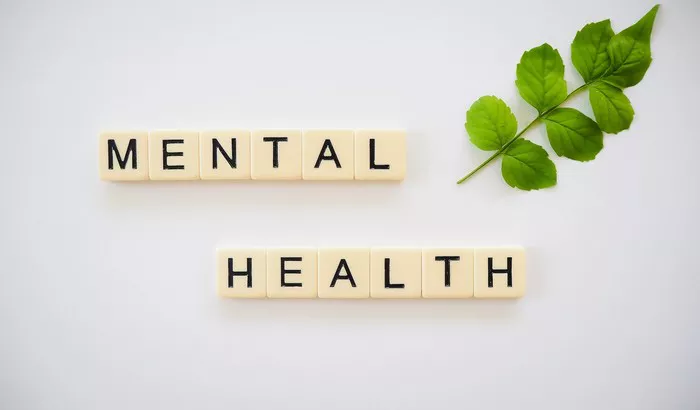The Public Health Ministry in Thailand has introduced the Kru Care Jai training program, aiming to enhance teachers’ abilities to prevent mental health issues among students. Recent statistics indicate that Thai youth are increasingly vulnerable to mental illnesses, with 17% of them at risk of self-harm.
Public Health Minister Dr. Cholnan highlighted the heightened mental health risks faced by Thai adolescents aged 13 to 17, citing factors such as behavioral, emotional, and social difficulties leading to long-term psychiatric problems, as reported by the Bangkok Post.
According to the Department of Mental Health (DMH) 2022 data, 1 in 7 teenagers aged 10 to 19 and nearly 1 in 14 children aged 5 to 9 in Thailand experience mental, nervous, and emotional disorders. Additionally, 17.6% of youngsters aged 13 to 17 reported thoughts of self-harm, making suicide the third leading cause of death among teenagers. Bullying, violence, abandonment, and abuse contribute significantly to these mental health challenges.
The Kru Care Jai program aligns with the 2018-2037 national strategy focused on developing and strengthening human resource potential, spearheaded by the DMH. Dr. Cholnan affirmed that the Public Health Ministry will collaborate with the Ministry of Education and its networks to provide teachers with essential knowledge about mental health. The initial phase of the program will roll out in schools and educational institutes in Bangkok and surrounding areas.
Dr. Opas Karnkawinpong, the Public Health Ministry permanent secretary, outlined the program’s emphasis on crucial skills such as active listening, identifying mental health risks, and preventing violence and bullying in schools. He stressed that today’s youth require more than just academic knowledge; they need individuals who listen and communicate with better understanding.
To complement these efforts, the DMH has developed the School Health Hero application, allowing concerned teachers to monitor students with potential mental health issues. The app facilitates online consultations and assistance. According to authorities, in the 2022 academic year, 73% of students in risk groups received help and showed improvement through the initiative.
































